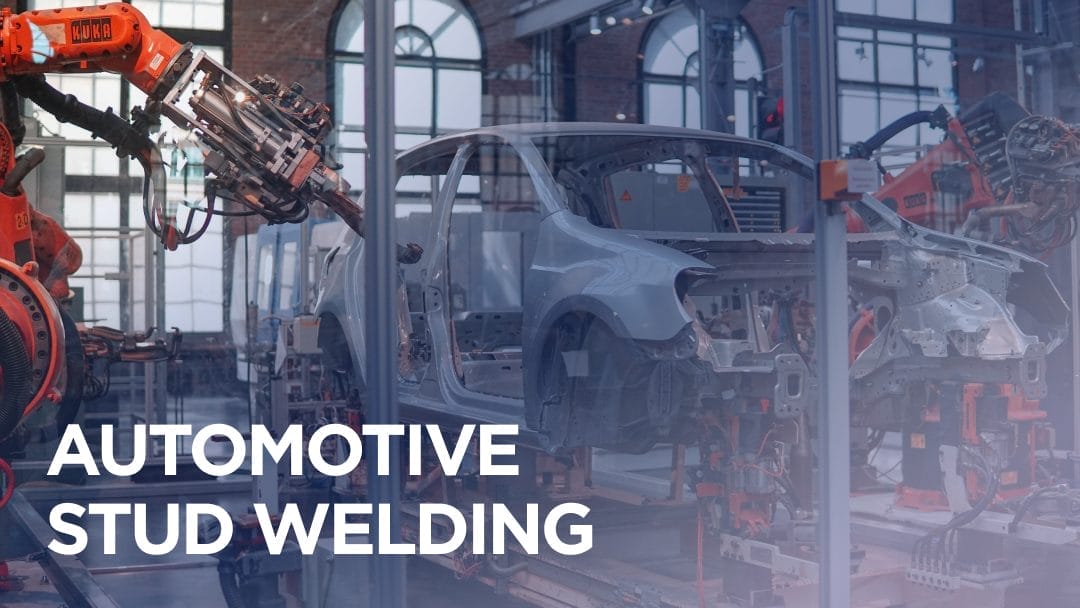Modern automotive manufacturing demands unwavering precision and reliability in every component. When it comes to securing critical parts in vehicle assembly, stud welding has emerged as the cornerstone technology that leading manufacturers trust. Let’s explore why this innovative welding process has become indispensable in automotive production and how it continues to drive industry standards forward.
The Critical Role of Stud Welding in Automotive Assembly
In the fast-paced world of automotive manufacturing, the integrity of every connection matters. Vehicle components like brackets, clips, and fasteners must withstand years of vibration, temperature changes, and mechanical stress. A single failed weld can cascade into warranty issues, safety concerns, and damaged brand reputation. This is where automotive stud welding proves its worth, delivering consistently strong bonds that maintain their integrity throughout a vehicle’s lifetime.
Understanding the Science Behind Reliable Automotive Welds
The success of automotive stud welding lies in its precisely controlled fusion process. Unlike traditional welding methods, stud welding creates a complete fusion between the stud and base material in milliseconds, forming a molecular bond that often proves stronger than the parent materials themselves. This rapid process minimizes heat-affected zones, reducing the risk of material distortion and maintaining the structural integrity of thin automotive panels.
Optimizing Weld Parameters for Peak Performance
Achieving consistent, high-quality welds in automotive applications requires careful attention to several critical factors:
Precise Parameter Control
Modern automotive stud welding systems employ sophisticated digital controls that manage:
- Weld timing down to the millisecond
- Current flow optimization for different materials
- Arc length calibration for perfect fusion
- Temperature monitoring for consistent results
Material-Specific Calibration
Different automotive applications require different approaches:
- Aluminum components need specialized settings to prevent heat damage
- High-strength steels demand precise energy control
- Thin panels require carefully balanced parameters to prevent burnthrough
Automation: The Key to Manufacturing Excellence
In today’s automotive production environment, automated stud welding systems have revolutionized assembly line efficiency:
Advanced Feeding Systems
Automated stud feeding mechanisms ensure:
- Continuous operation without manual loading
- Precise stud placement every time
- Reduced cycle times between welds
- Minimized risk of human error
Quality Monitoring
Integrated quality control systems provide:
- Real-time weld monitoring
- Automatic parameter adjustment
- Detailed quality documentation
- Predictive maintenance alerts
Davis Stud Welding: Your Partner in Automotive Excellence
With decades of experience in automotive manufacturing, Davis Stud Welding brings comprehensive solutions that include:
Manufacturing Support
- Custom-engineered welding solutions for specific vehicle components
- Production line optimization services
- Operator training and certification programs
- Preventive maintenance scheduling
Technical Innovation
- State-of-the-art welding equipment designed for automotive applications
- Advanced automation systems for high-volume production
- Custom tooling for unique manufacturing challenges
- Ongoing technical support and process optimization
Elevate Your Automotive Manufacturing Process
Ready to transform your automotive welding operations? Contact Davis Stud Welding to discover how our advanced solutions can enhance your production efficiency while maintaining the highest quality standards. Our team of automotive welding specialists stands ready to analyze your specific needs and develop a customized solution that drives your manufacturing excellence forward.

